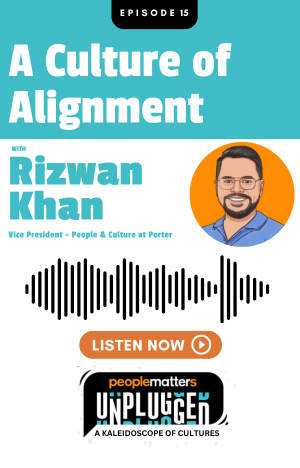Candidate ghosting on the rise, say employers

It's all too common for companies to simply stop communicating with job seekers who don't make the shortlist. But employers haven't often considered that things might go the other way...until the pandemic and the 'Great Resignation' phenomenon.
A survey by global recruitment consultancy Robert Half found that 39% of senior managers in the US say it's more common for candidates to cut off communications with potential employers than it was two years ago, and this is especially the case for roles that are either in high demand, or considered highly demanding, or both. In particular, managers hiring for tech roles and administrative and customer support roles saw much more ghosting happening than before.
So why are job seekers ghosting companies?
Robert Half's research found that 33% of professionals who cut off communications do because of a poor interview process - encompassing everything from unconducive interview scheduling, to finding the interviewer disagreeable, to lack of transparency about the company, or even too many rounds of interviews. Another 23% ghosted because the job was not what they expected. And 16% pulled out without a word because the prospective employer implemented a mandatory return-to-office policy.
These findings underscore that even as employers evaluate candidates, the candidates are evaluating the company and the job right back in return - and they are expressing their opinions with their feet. They can afford to do so, too. 29% of candidates who ghosted did so because they had received another job offer.
The underlying reason runs deeper than candidates having choice, though. The Robert Half findings imply that employers are often not being sufficiently flexible about meeting candidates' needs or demands. Even the hiring managers surveyed recognise that, with 40% saying they lost out on a potential hire because the company could not or would not match the candidate's desired schedule flexibility. Another 35% admitted the company had taken too long to make an offer - and the candidate moved on. And 24% said the company could not or would not meet the candidate's salary expectations, whether these were reasonable or not.
Can employers do anything about it?
In fact, yes - most if not all of the factors turned up by the research are under the company's control and can be improved in some way by effort on employers' part. Robert Half senior executive director Paul McDonald pointed out that if companies really want to land top talent, it's no longer enough to offer the bare minimum: employers need to "exceed candidates' expectations".
"To help combat ghosting, employers need to put themselves in candidates' shoes and provide a clear picture of the role and organizational culture, a seamless recruitment process, and regular communication," he said.














